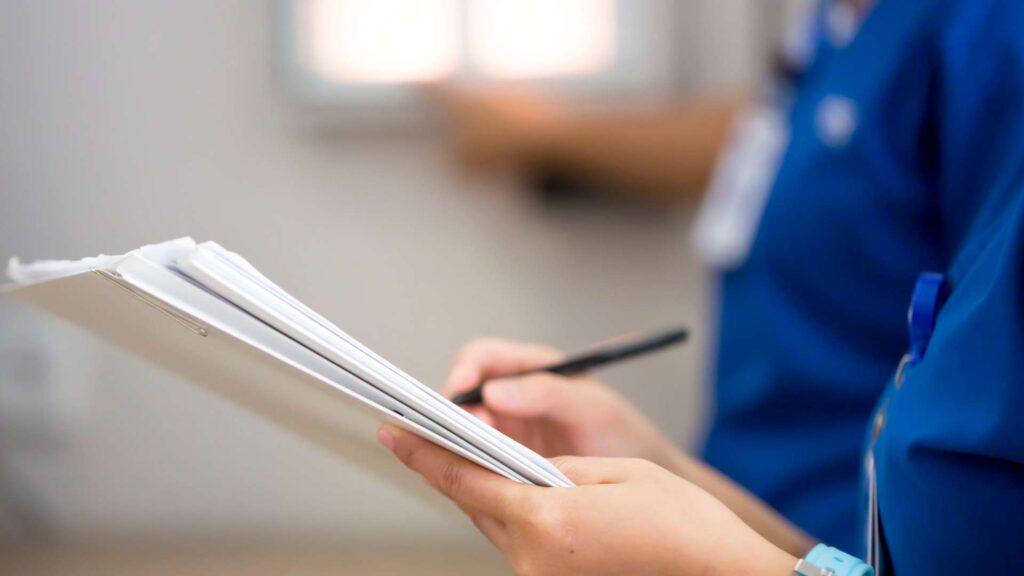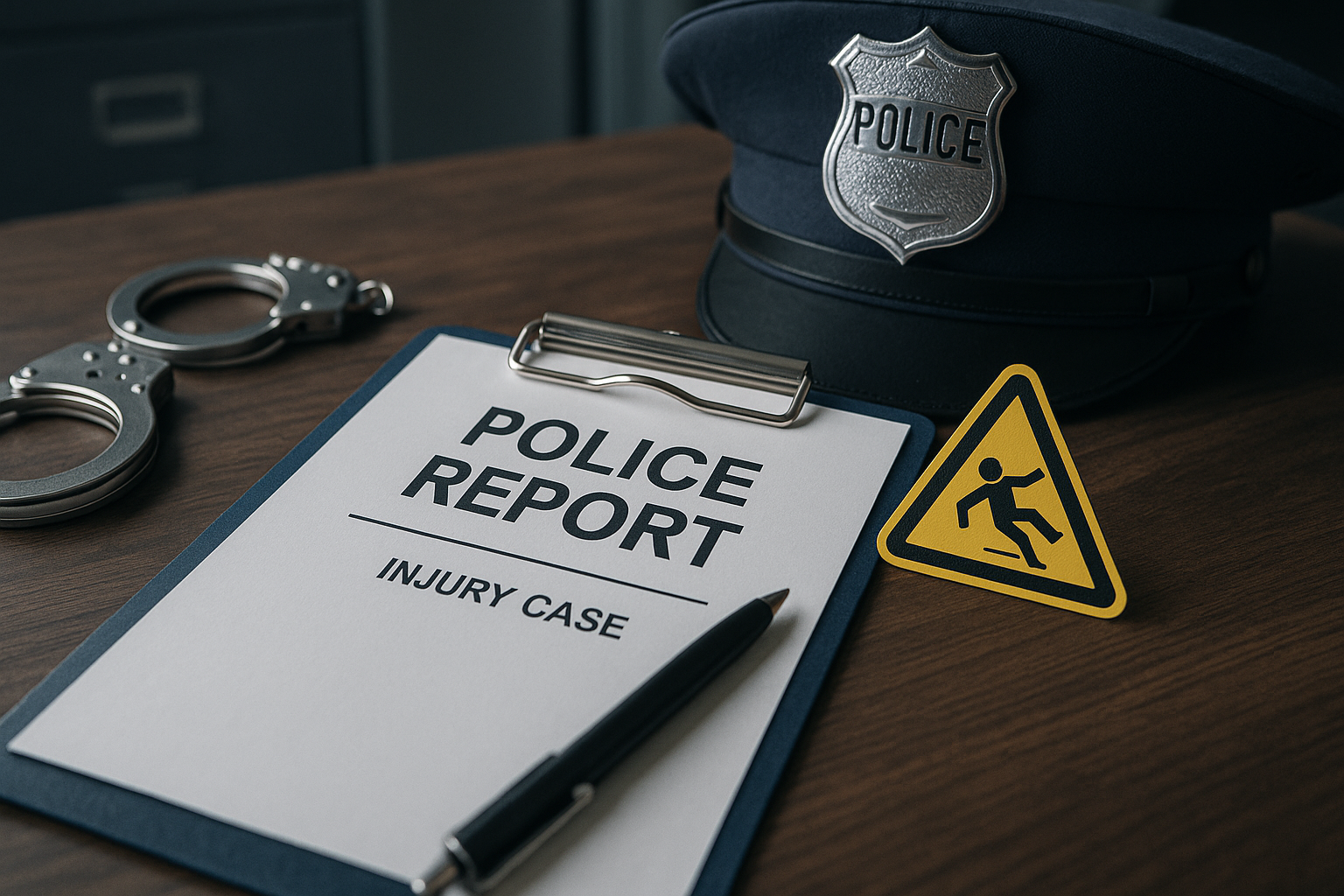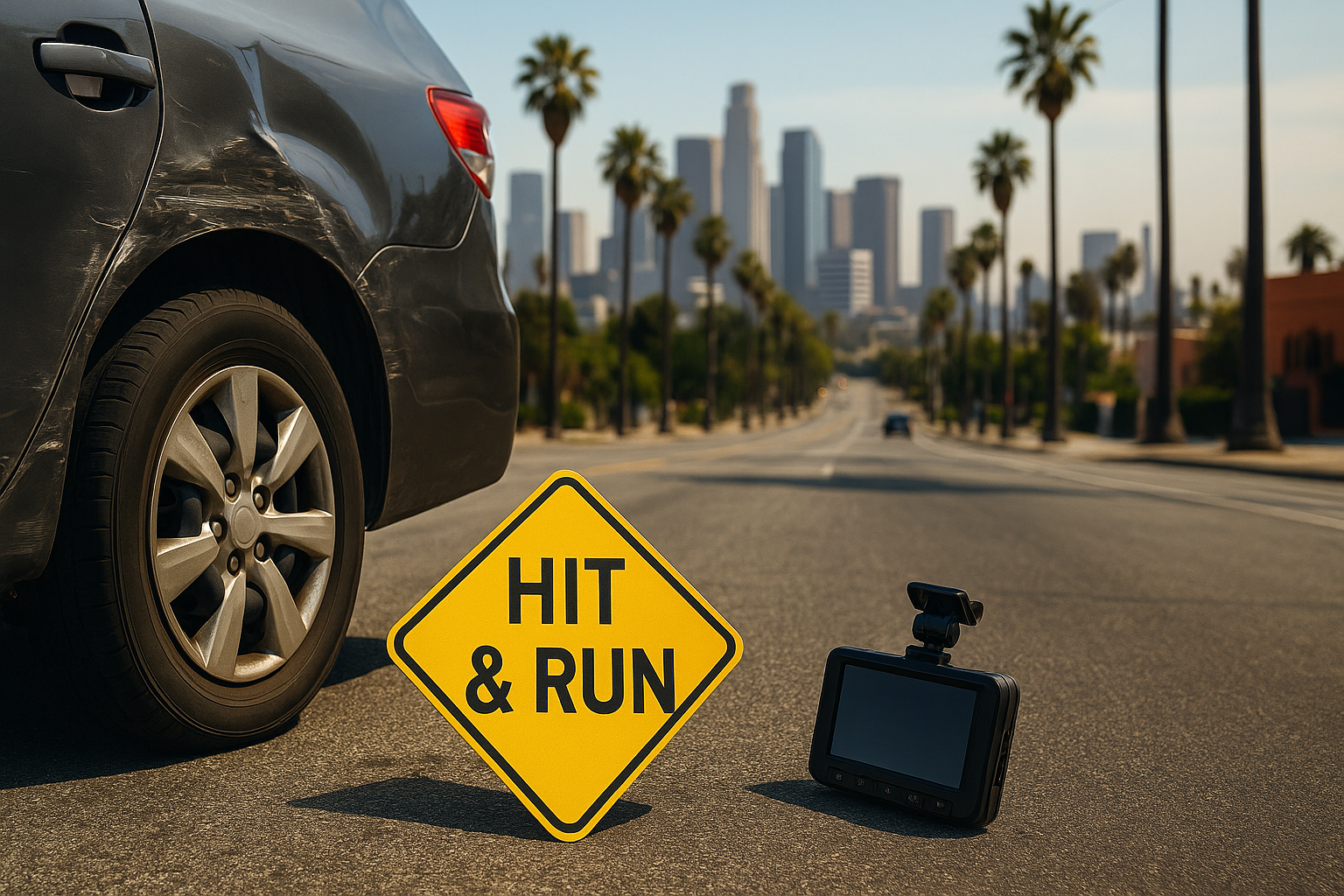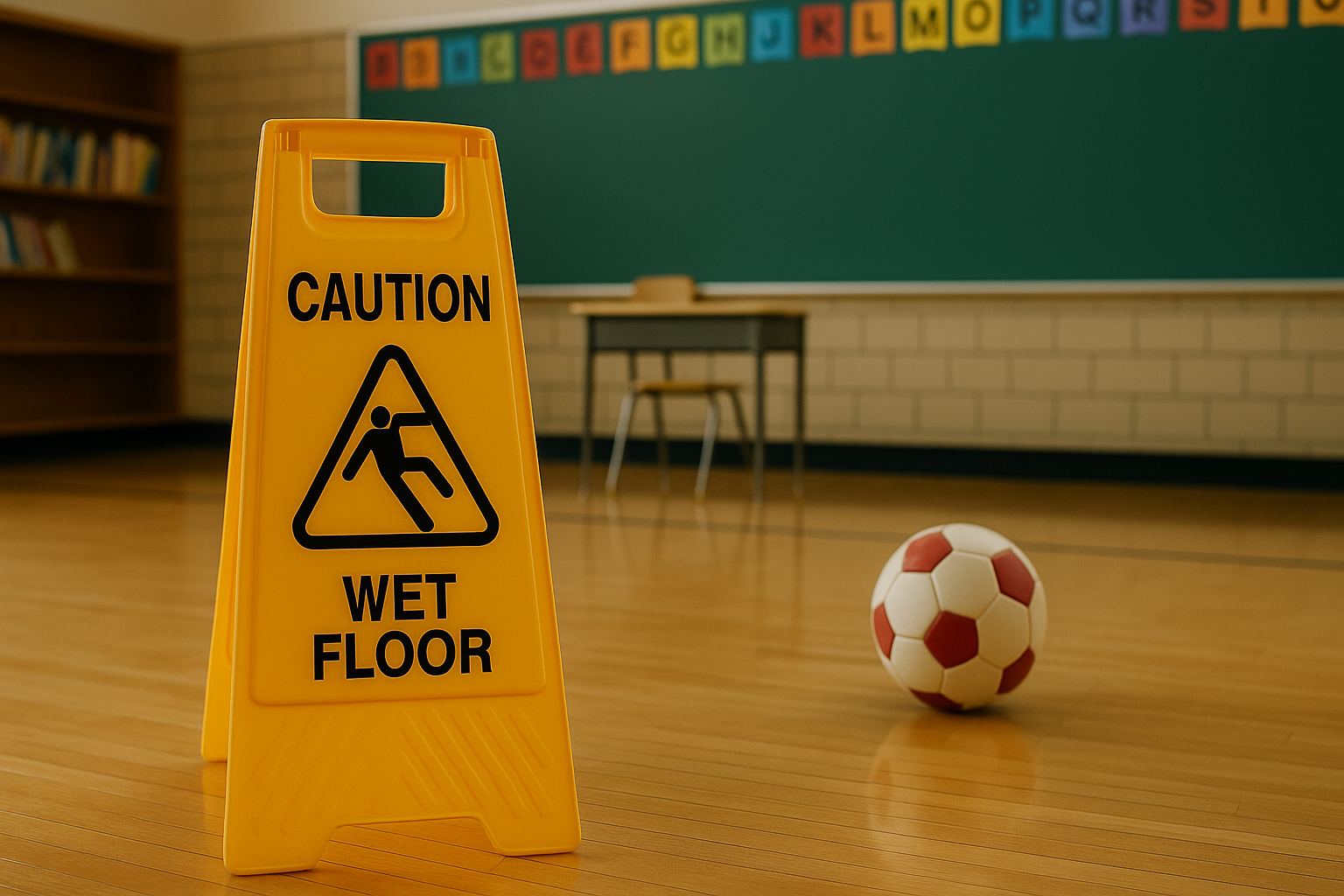When you suffer an injury due to an accident, one of the first questions you might ask is, do I need a police report for my injury case?
This is a common concern for victims navigating the legal process. While not always legally required, a police report can significantly impact your personal injury claim by providing an official account of the incident.
Understanding how police reports work and when they are beneficial can help strengthen your case and improve your chances of fair compensation.
Why a police report matters in injury cases
A police report serves as an official, contemporaneous document that can be extremely useful in injury cases. It typically includes:
- The identities of the parties involved
- Witness names and statements
- The officer’s observations
- Potential contributing factors (weather, road conditions, lighting, etc.)
Insurance companies, adjusters, and courts often regard these reports as credible evidence. Because the report is authored by a third‐party official, it tends to be seen as more objective than recollections given later. Without one, you may have to rely more heavily on your personal testimony, photos, medical records, or witness recollections which can sometimes be disputed or diminished over time.
When a police report is required
Not every accident necessitates a police report, but there are many situations in which filing one is either required by law or strongly advisable. For example:
| Situation / Scenario | Is a Police Report Required? | Why / Notes |
|---|---|---|
| Auto accident with injury or significant property damage | ✅ Yes (in many states) | Many states legally mandate a report when injury or substantial property damage occurs |
| Hit-and-run case | ✅ Yes | Because identification and investigation require law enforcement involvement |
| Accident involving pedestrian or bicyclist | ⚠️ Strongly advisable (even if not always legally required) | Helps in establishing fault, witness statements, etc. |
| Minor slip & fall with no serious injury or damage | ❌ Not usually required | But reporting may still help later if disputes arise |
| Multi-party incident or disputed liability | ⚠️ Strongly advisable | Official record helps clarify who said what and reduces disputes later |
How a police report helps your injury claim
A police report often includes details that are very difficult to reconstruct later. Such reports help in several ways:
- Verifying time, place, and circumstances of the incident
- Documenting official observations (e.g. skid marks, damage, positions of vehicles, or conditions)
- Identifying fault or contributing factors, which is useful in proving liability
- Providing witness statements gathered soon after the event
Insurance companies often try to minimize liability. A police report shifts some of the burden by giving them a solid, official narrative to contend with. In negotiations or court proceedings, having a contemporaneous report makes it much harder for the opposing side to dispute your version of events.

What to do if you do not have a police report
Not having a police report does not mean your injury case is doomed. You can still build a strong case using other evidence. Key steps include:
- Gathering medical records (doctor’s reports, hospital records, imaging)
- Taking clear photographs of your injuries, the scene, any damage, and relevant conditions
- Collecting witness statements ideally soon after the accident, while memories are fresh
- Looking for surveillance footage (from nearby businesses or traffic cameras)
- Documenting lost wages, pain & suffering, and any ongoing care
An experienced personal injury attorney can help you assemble this evidence in a way that’s persuasive. Acting promptly is important because evidence can disappear or memory can fade as time passes.
Learn More: Signs You Need a Lawyer After a Car Accident
Potential drawbacks or limitations of police reports
It’s also useful to understand that police reports are not perfect or infallible:
- They may have errors or omissions (e.g. wrong times, incorrect descriptions, missing witnesses)
- Officers may not see everything; their viewpoint may be limited
- Sometimes reports may reflect statements by involved parties that are biased or self-serving
- They may not provide full detail for long-term damages (pain & suffering, emotional trauma, etc.)
Waiting too long to file a police report may also create challenges. Memories fade, evidence disappears, and insurers may question your credibility. Prompt reporting shows diligence, protects your rights, and ensures crucial facts are preserved for your personal injury claim.
These limitations underscore why other supporting evidence is so valuable, even when a police report is available.
Additional evidence you should gather
Besides what’s been discussed so far, these types of evidence are often overlooked but can make a big difference:
- Medical expert reports (if your injuries are complex)
- Photographs/videos over time (showing healing or worsening, scars, disability)
- Journals or logs of pain, therapy, medications
- Receipts or records of expenses related to the injury (repairs, travel, treatment)
- Employment records if your injury impacted your ability to work
Witness statements also often strengthen the details. Independent accounts can confirm timelines, clarify events, and provide credibility to your version. Combining a report with credible witnesses helps create a clearer picture for insurers or in court.
Let Knapp Moss guide your next step
While a police report is not always mandatory, it is often a powerful piece of evidence that strengthens your injury claim. If you are unsure whether you need one, consulting with an attorney can provide clarity and direction.
Knapp Moss can evaluate your situation, determine the best legal strategy, and handle communication with insurance companies on your behalf. Our team works tirelessly to protect your rights and maximize your compensation.
Contact Knapp Moss today for a free consultation and take the first step toward securing your recovery.
Frequently Asked Questions
No, but having one can strengthen your case by providing an official record of the accident.
Yes, with other evidence like medical records, photos, and witness statements.
Often, yes. Insurers may rely on the report to evaluate liability and damages.




